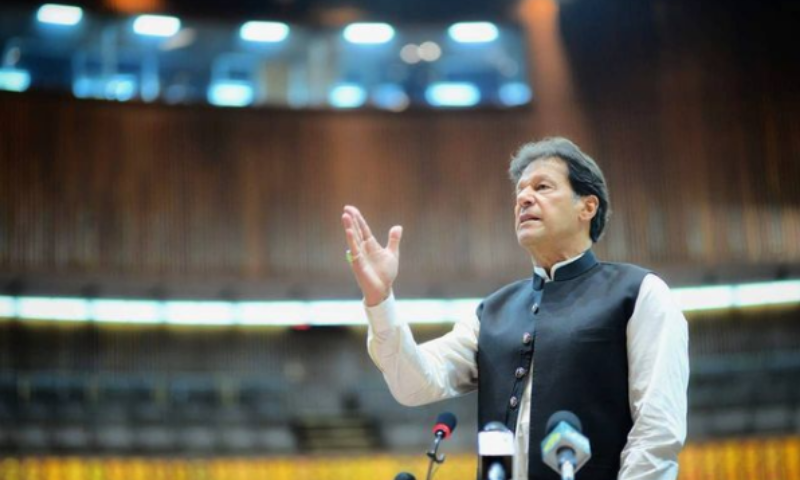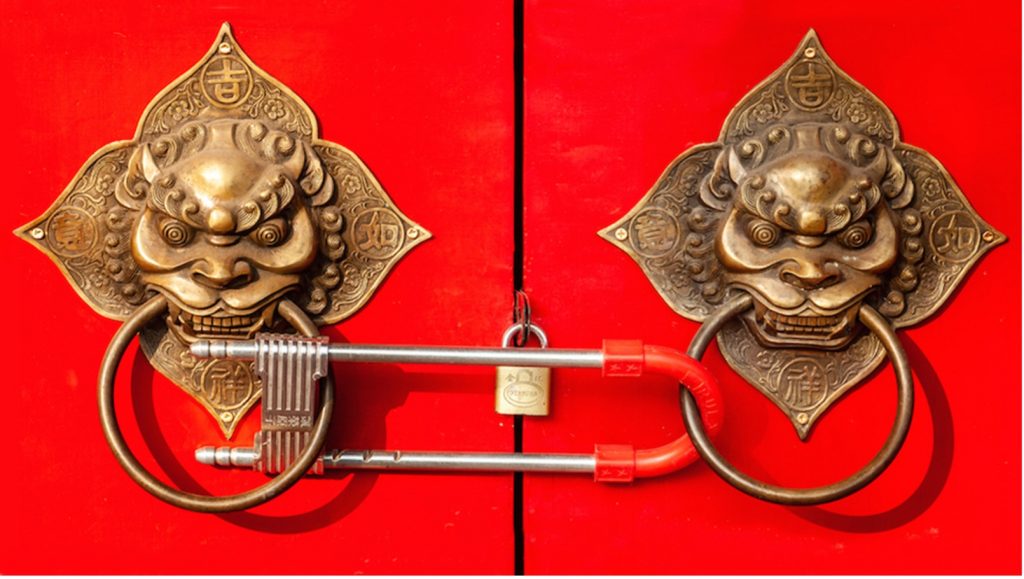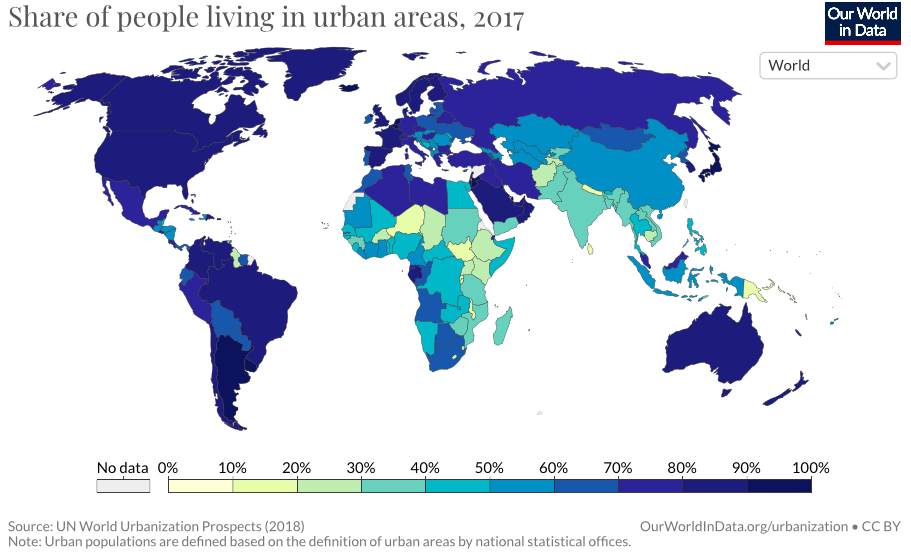Interviewing Team: Rebecca Pedemonte, Alessandra Gramolini, Michele Tallarini
Soumaila Diawara was born in Bamako (Mali). After his graduation in Legal Sciences with a specialization in International Private Law, he started his career in politics, taking part of the "Solidarité Africaine pour la Démocratie et l'Indépendance" (SADI), in which he soon became the leader of the youth movement. In 2012, he was forced to leave Mali as he was accused, along with others, of an attack against the President of the Legislative Assembly. He arrived in Italy in 2014, where he obtained international protection. Today he is still a political refugee. He is, also, the author of two poetry collections: “La nostra civiltà” and “Sogni di un uomo”.
What are the main reasons that push Malians to leave within the migratory flows?
First of all, farmers and fishers find it very difficult to cultivate and fish due to the severe drought and the lowering of the desert. This is also due to pollution and the impossibility for farmers to graze animals quietly.
Moreover, due to the war situation in northern Mali, the only alternative that many people have , is to leave. Infact, terrorists invaded about 60% of the territory after the fall of the Gaddafi regime; an area three times the size of Italy has been occupied, over 35% of the Malian population.
This situation has resulted in the closure of schools and hospitals for over eight years. Parents are afraid that their children will end up in the hands of terrorists, so they decide to let them go. When you see a parent saying that he prefers his child to die in the sea rather than end up in the hands of terrorists, that means there is no hope left. Or even 13-14-year-old girls, forced by terrorists to marry them, I don't call it marriage; I call it rape.
Another reason why Malians are forced to migrate concerns the chaotic management of the Malian state, which does not give anyone the freedom of expression; otherwise, they are persecuted. Fortunately, those who manage to escape run away.
There are also many areas where a person can die of malaria, not having 10 euros for treatment, or cannot afford drinking water or two meals a day. People go away to survive.
What role does the Malian state play within these migratory flows regarding Mali as a country of departure and as a transit state? How and to what extent does the political instability in Mali affect the choice to travel?
This instability has a great responsibility in causing the choice of people to leave. The absence of the Malian State has existed for more than thirty years. The State tends not to consider citizens, the conditions in which they live, and their daily life. So when the State fails, people leave to look for a better future. I believe the absence of the State is also a desired condition when it is convenient for the State to maintain a population in poverty and ignorance. Because, when you are hungry, the first thing you think about is finding something to eat, you don't think about politics. Especially when you live in a country where 60% of the population does not have the opportunity to go to school since the State itself does not guarantee access to public schools and healthcare.
More and more policies are created not to give people the opportunity to approach politics and power. Therefore I have always maintained that it is essential when funds are earmarked for the African continent to verify where this money goes. In particular, if they are intended for the people who need them, to build schools or hospitals, to give alternatives, or create projects that can be sustainable and create jobs. Unfortunately, there are many times when this money does not reach people and strangely ends up in Western banks. I have always supported it because I believe it is not just a Malian problem but an international problem.
Nobody likes to die, and therefore, people, having no means to counter corrupt governments, leave. I have always argued that the problem of Africa is not just due to the “white man,” but I believe it is due to a system that exploits Africa. And it is the same system that the West controls. Therefore we are an exploited mass, which has the same common goal, even if the exploitation takes place in different ways.
What reasons have contributed to developing and consolidating the migration corridors of the Sahel?
The first reason is that the Sahel is very close to Europe and other countries such as Algeria and Libya, which border the Mediterranean; Spain is also a stone's throw from Morocco. This means that the movements go through the Sahel, even if the people who pass through it also come from other areas of Africa, such as central Africa, which is very far from the Sahelian region.
The geopolitical situation of the region, particularly of Mali, Niger, Chad, and Burkina Faso, characterized by ten-year instability at both the political and security levels, has led to the concentration of migration corridors in this area. I also believe that this is partly due to the negligence and unwillingness to resolve this situation. These problems cannot be diminished and traced back to the military solution alone, as has been done up to now.
Abdelmalek Sayad, in his writing “La Double Absence. Des illusions de l'émigré aux souffrances de l'immigré,” stated that those who migrate live the condition of one who is no longer part of the starting context and is not even part of the arrival context. He, therefore, experiences a double absence in which he feels neither the culture of arrival nor that of the context of origin is his own. Do you share this statement?
Yes, many people face this situation, which is often also due to the behavior of many individuals within today's society. I have always said that I would have preferred to talk about another culture, different and complementary, but I find myself defending rights more often than not, which I find out of place in this century. From the moment people with a different culture arrive, human curiosity pushes them to go and know this new reality of which they know nothing. But if some people in the country of arrival make those people feel inadequate or not accepted, the only alternative is to cling to their old culture. This causes a mental closure, which does not lead to the opening to the new society of arrival.
I have always believed that it is right to understand that when people with a different culture arrive, one should only open the door and welcome them into society. But when we fail to overcome this wall of fear, a division is created in a useless community. I have always argued that cultures are different but complementary, and learning other things does not change you but instead helps you have more baggage and see the world more broadly. I am always willing to listen to others and learn about other cultures because I know that the world is not limited to Mali or Africa. Still, there is another world outside: although cultural, religious, sexual orientation differences, etc., it is possible to live together peacefully, teaching each other our cultures.


